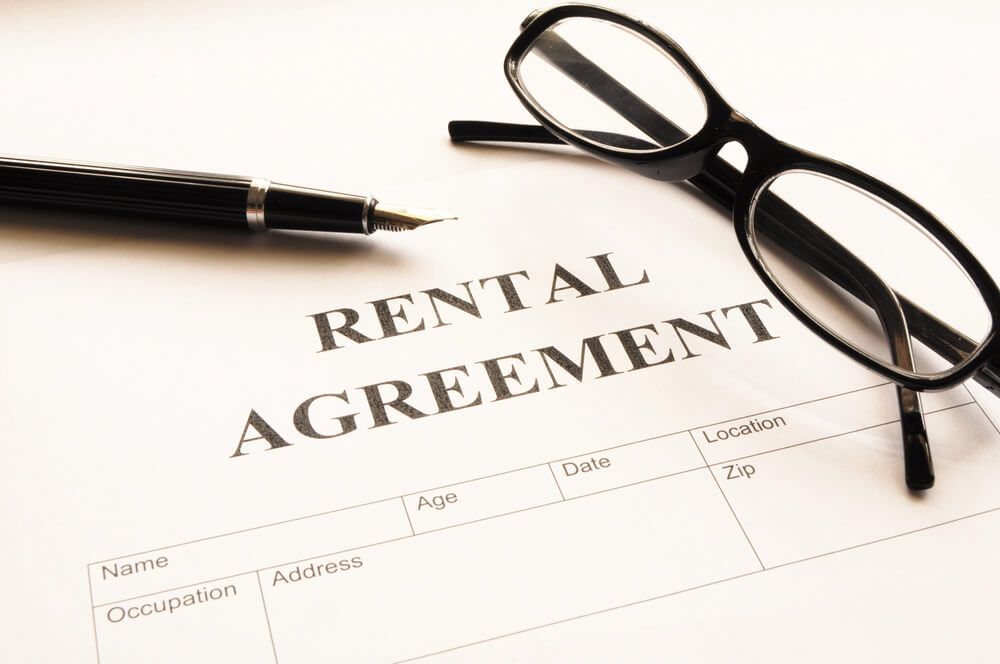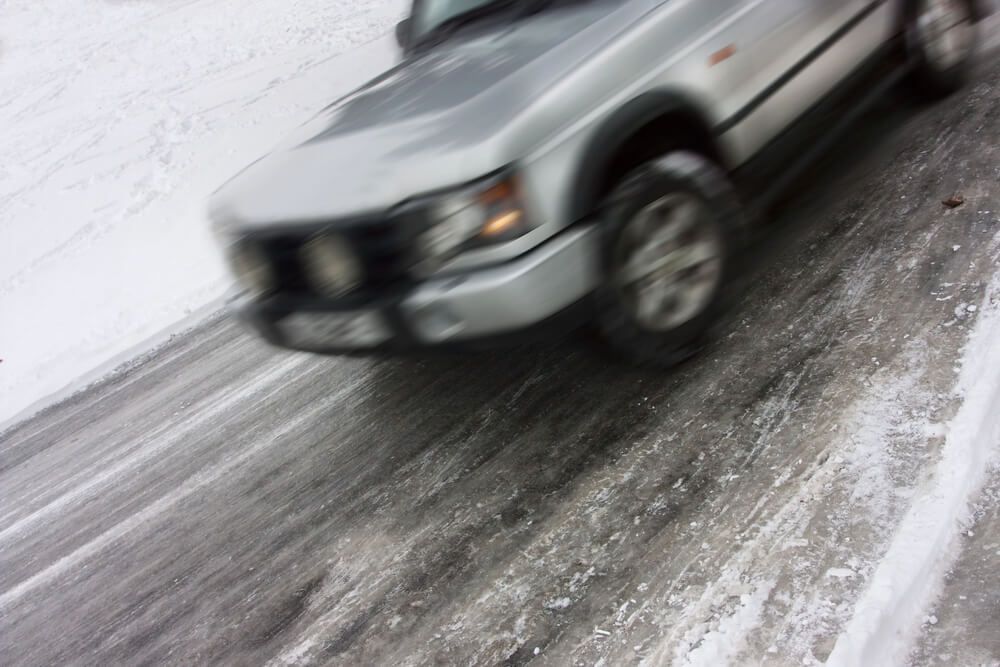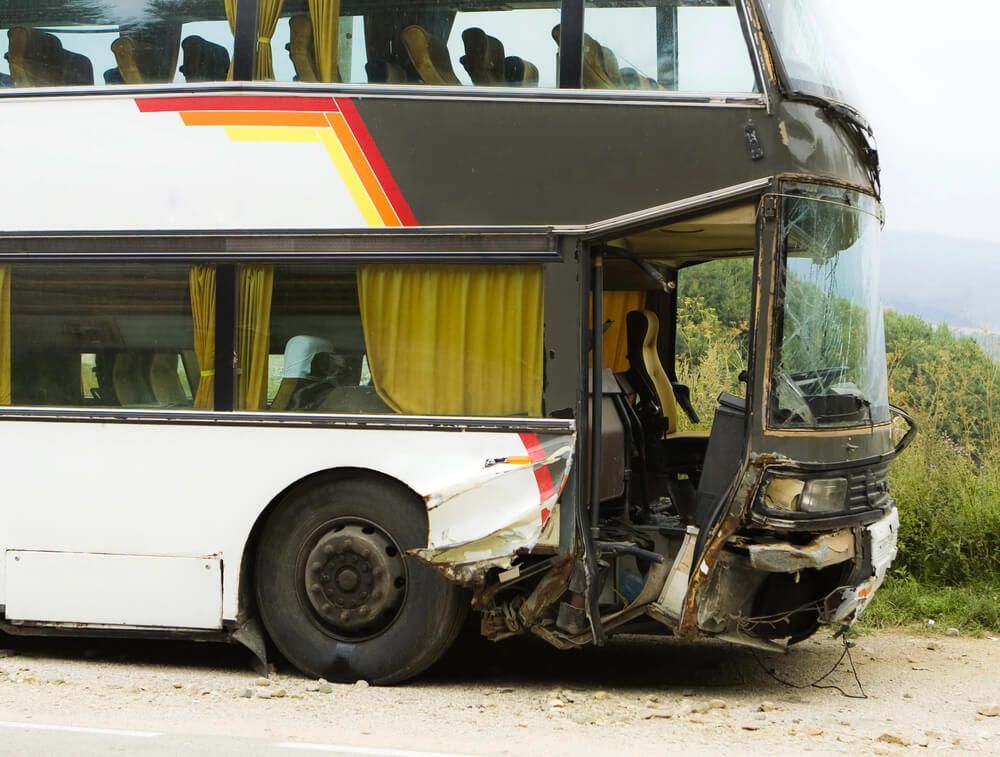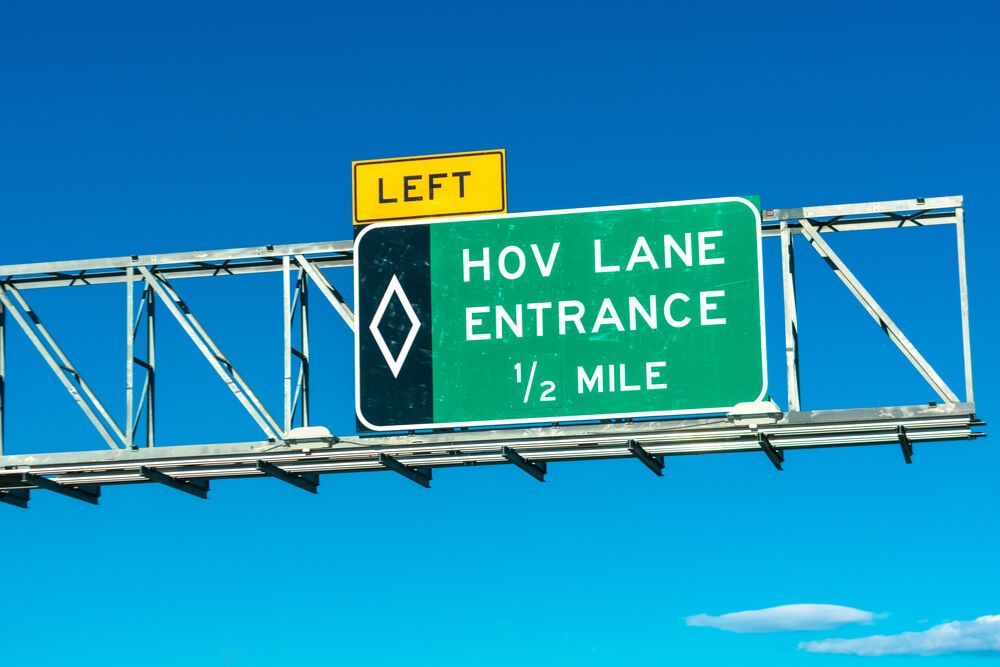Suing a Landlord for Negligence: What You Should Know
Recent Blog Posts
Suing a Landlord for Negligence: What You Should Know

As a tenant, it’s important to understand your rights and how to protect them, especially if you've suffered due to your landlord’s inaction. If you’ve been injured because your landlord failed to maintain the property or address safety hazards, you may have grounds to sue your landlord for negligence.
Can You Sue a Landlord for Negligence?
Yes, you can sue your landlord for negligence. Tenants have the right to seek compensation if they have been harmed due to a landlord's failure to maintain the property or fulfill their responsibilities.
What Qualifies as Landlord Negligence?
Landlord negligence occurs when a landlord fails to meet their responsibilities to maintain a safe, habitable living environment for tenants. In order to sue your landlord for negligence, you must understand the concept of negligence and how it applies in your case.
Elements of Negligence
To win a negligence case, the person filing the lawsuit must clearly prove four specific points:
- Duty of Care: This refers to the landlord's responsibility to maintain a safe and habitable property for tenants. Landlords must ensure that common areas are safe and that essential services, such as heating, plumbing and electrical systems, are in working order.
- Breach of Duty: A breach occurs when the landlord fails to meet their duty. For example, failing to repair a broken step or not addressing a leaky roof despite knowing about the problem would constitute a breach.
- Causation of Injuries: If the landlord’s inaction directly caused the injury, causation is established. For example, if a tenant slips on a wet floor due to a roof leak that wasn’t fixed, causation may be proven.
- Damages: You must show that you sustained actual harm as a result of the landlord’s negligence. This may include physical injuries, emotional distress or property damage.
If even one of these elements is missing or not fully proven, the case may not succeed. That’s why it’s important to gather strong evidence and consult with a knowledgeable attorney who can help build a solid negligence or gross negligence claim.
Landlord Duties
A landlord has specific duties that they are obligated to fulfill. These duties are often outlined in the lease agreement and typically include maintaining the property, making necessary repairs and ensuring that the premises are safe for tenants.
In Arizona, landlords are required to maintain the services and appliances within the unit and provide adequate heating and cooling. Landlords must also ensure that the property is habitable, which means that it should be safe and conducive to living.
Failure to meet these responsibilities may be considered a breach of duty. When a landlord neglects repairs or allows unsafe conditions to persist, they may be held legally responsible for any harm that results.
What Should You Do Before Suing a Landlord for Negligence?
Before filing a lawsuit, ensure that you have made every effort to resolve the issue with your landlord. Communicating effectively with your landlord is essential. Make sure that the problem you are experiencing is something they are responsible for addressing under your lease agreement.
For instance, if you slip on ice outside your front door, check your lease to confirm whether you're responsible for snow and ice removal. If your landlord is responsible, make sure you have notified them about the issue and given them a reasonable time to fix it before taking legal action.
How Do You Prove Landlord Negligence?
Proving landlord negligence is the responsibility of the tenant. To build a strong case, it’s important to document everything related to the issue.
Get Everything in Writing
Whenever you communicate with your landlord about the problem, do so in writing whenever possible. If you discuss an issue over the phone or in person, send a follow-up email or text message summarizing the conversation. This helps create a record of your efforts to address the issue. Keep copies of all communications, damage reports and correspondence with your insurance company as part of your documentation.
Take Pictures of All Damages
Photographs can be powerful evidence in proving your negligence case. Take pictures of the damage or safety hazards and send them to your landlord. If you have renters' insurance, be sure to inform your insurance company about the damages as well.
Get Statements From Roommates or Other Tenants
If you live with others or in a building with multiple tenants, ask them to provide written statements that support your claims. These testimonies can corroborate your story and strengthen your case.
Do You Need a Lawyer To Sue a Landlord for Negligence?
You do not need a lawyer to sue a landlord for negligence in Arizona. However, having legal representation can significantly benefit your case. A lawyer can identify potential loopholes in your lease, help you gather and present evidence and guide you through the legal process to ensure your rights are protected.
What Is the Process of a Landlord Negligence Lawsuit?
If you decide to sue your landlord for negligence, understanding the steps involved can make the process less intimidating. Below are the general steps you can expect to take.
File the Claim
The first step is to file your claim. Depending on the amount of damages you have, you may file in small claims court, which typically has simplified procedures designed to resolve disputes more efficiently.
Prepare Your Evidence
Gather all relevant evidence, including photographs, written communication with your landlord, witness statements and any medical records. Be ready to explain how each piece of evidence supports your case. Having a lawyer assist with this process can help ensure everything is presented correctly.
Attend Court
On the day of your hearing, both you and your landlord will have the opportunity to present your case. Be prepared to explain the situation, provide your evidence and respond to questions from the judge. If you have legal representation, they will handle the proceedings on your behalf.
Suing Your Landlord for Negligence Can Protect Your Rights as a Tenant
If you want to sue your landlord for negligence because they have failed to address safety hazards or maintain a habitable living environment, you don’t have to deal with it alone. Sargon Law Group is ready to help you stand up for your rights. Contact us today for a free consultation and to find out how you can hold your landlord accountable and seek the compensation you deserve.





